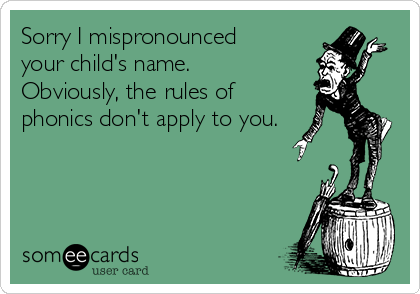Wow! Interjections!
 |
E as interjeições, hein? Eu me
espanto ao constatar que até as interjeições, ou seja, as manifestações mais
espontâneas de dor, alegria, espanto, surpresa, contrariedade, medo etc. – até
as interjeições são agora copiadas do inglês.
Já copiamos as roupas (eu, por
exemplo, só saio à rua vestindo jeans, camisa polo ou camiseta e tênis.).
As músicas mais populares, com
exceção das execráveis duplas ‘sertanejas’, são de bandas ou cantores americanos
(Justin Timberlake, Rihanna, Beyoncé, Fifth Harmony etc.), ou inglesas (Amy
Winehouse, Adele, David Bowie, Rolling Stones etc.).
Cinema? Brad Pitt, Charlize
Theron, Jennifer Lawrence, Robert de Niro, Al Pacino, Johnny Depp etc.
TV: novela (argh!), futebol,
noticiário e sitcoms (todas).
Livros? Os autores que mais
vendem por estas bandas são J. K. Rowling, Jeff
Kinney , E. L. James, Bruce Cameron etc.
Em política, temos de esperar
para ver o que o nosso presidente vai fazer de agora em diante. Refiro-me, é
claro, a Donald Trump.
But I
digress. Voltando às conjunções, já estou me acostumando a ouvir
aqui e ali um debiloide, que provavelmente não sabe nada de inglês, exclamar ‘uau’, ‘helôou’, ‘dãã’, ‘úpis’, ‘ou mai gódi’
e por aí vai.
Se é assim, não adianta remar
contra a maré. O jeito é se adaptar, como recomendaria Darwin.
Por isso, sugiro que se
incorporem à chamada norma popular ou coloquial - eufemismo inventado para
evitar chamar a coisa pelo seu nome verdadeiro, ou seja, português errado –
mais duas interjeições inglesas: the F word
e the S word. Sou, como sabem todos os
que me conhecem, um cara fino e evito falar palavrão em público.
O f**k! e o s**t! são muito
versáteis e podem ser usadas em praticamente toda e qualquer situação. Vejamos
alguns exemplos:
1. Acabou
a gasolina no meio da avenida: S***!
2. Você
cortou o dedo descascando uma cebola: S***!
3. Você abriu a gaveta e viu um escorpião lá
dentro: Holy s***!
4. Uma
antiga namorada, que você não vê há anos e da qual mal se lembra, lhe envia um
email: S***!
5. Alguém
lhe conta uma história difícil de acreditar: No s***!
6. Você
encontra uma barata numa garrafa de coca zero: F**k!
7. Você
está discutindo asperamente com alguém: F**k
you!
8. Seu
chefe é insuportável e você não aguenta mais: F**k you!
9. O
carro não pega: What the f**k?
10.
Ao atravessar a rua na faixa de pedestre, com o
semáforo verde para você, um motoqueiro o atropela e vai embora: F**k! F**k! F**k!
11.
Você está atrasado para o trabalha e não
encontra a chave do carro: Where are the
f**king keys?

